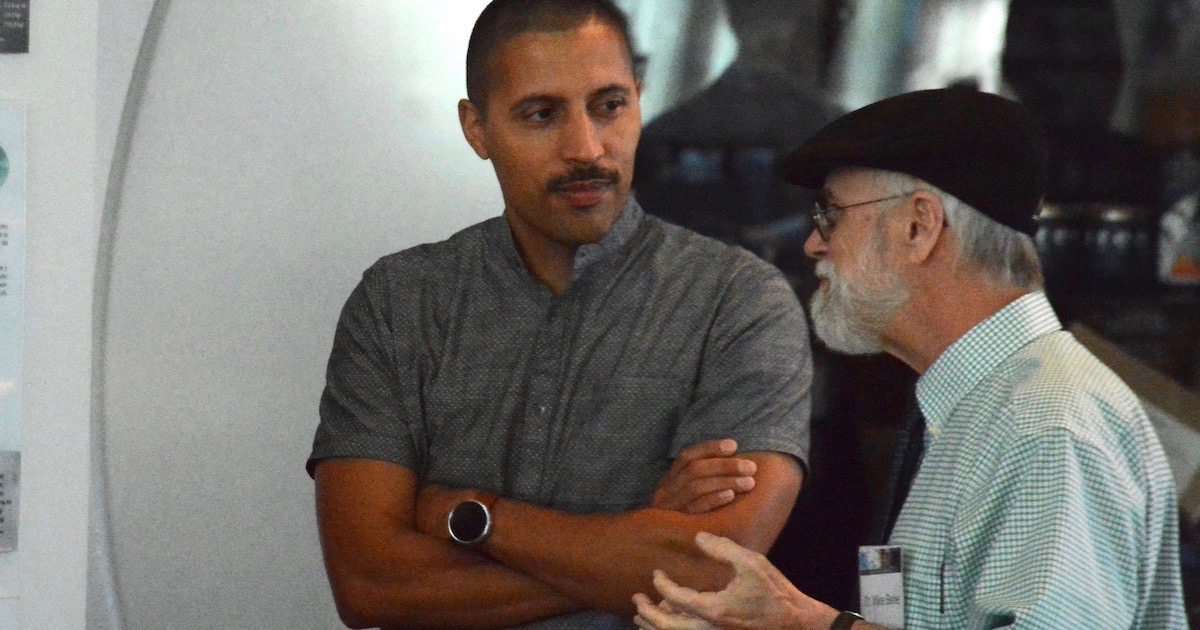Well, check out what George D. Montañezhad to say in a discussion with Robert J. Marks about his recent paper:
George D. Montañez shows in his paper that if a test can detect intelligence in computers, a test could also detect intelligent design in nature.
The Turing test for design in computers relies on the same principles as the detection of design in nature. The materialist can have, in principle, no intelligence in either computers or nature or possible intelligence in both. But he can’t pick and choose.
“What do the Turing test and intelligent design theory have in common?” at Mind Matters News
Also: Read some excerpts from Can machines think? at How you can really know if you are talking to a computer Claims that a given program has “passed the Turing test” should be treated skeptically because a program can be optimized to pass the Turing test without demonstrating any particular intelligence at all.
Also, by George D. Montañez: AI: Think about ethics before trouble begins. A machine learning specialist reflects on Micah 6:8 as a guide to developing ethics for the rapidly growing profession (George Montañez)
and
On the universe as a computer sim: How do we know that our universe is not a sim world? It’s an interesting idea, say Bradley fellows, but for a number of reasons, it is not credible
Follow UD News at Twitter!
